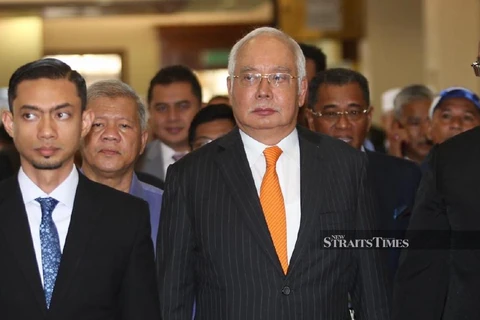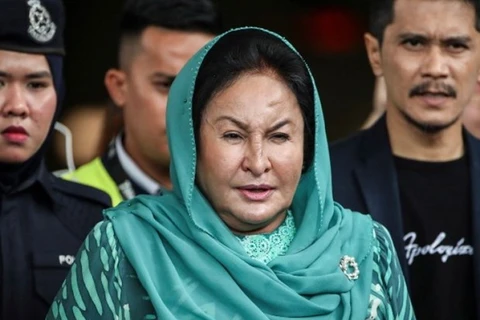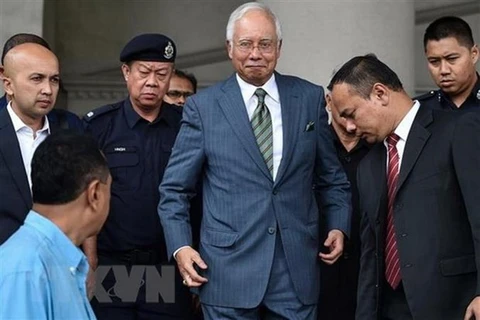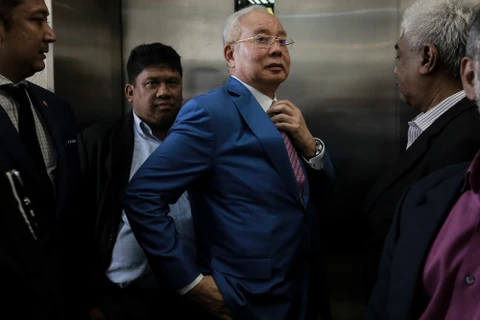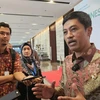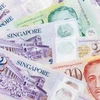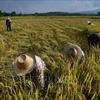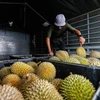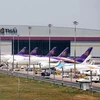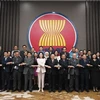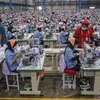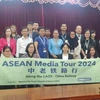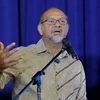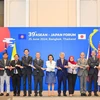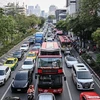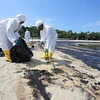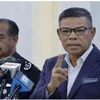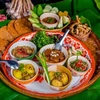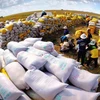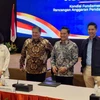Kuala Lumpur (VNA) - The high-profile trial of Malaysia’s former Prime Minister Najib Razak, who is facing corruption and money laundering charges relating to the 1Malaysia Development Berhad (1MDB) funds, has been postponed again.
Deputy public prosecutor Ahmad Akram Gharib on April 13 said the trial, which was supposed to resume on April 15, has been delayed to April 29 following the extension of the government’s Movement Control Order (MCO).
The MCO has been extended to April 28 in an effort to prevent the spread of COVID-19.
This is the second time the trial has been postponed due to the complicated developments of the disease.
Najib, 67, faces four charges of abusing his position to obtain gratification totalling 2.3 billion RM (about 530 million USD) in 1MDB funds and 21 counts of money laundering involving the same money./.

